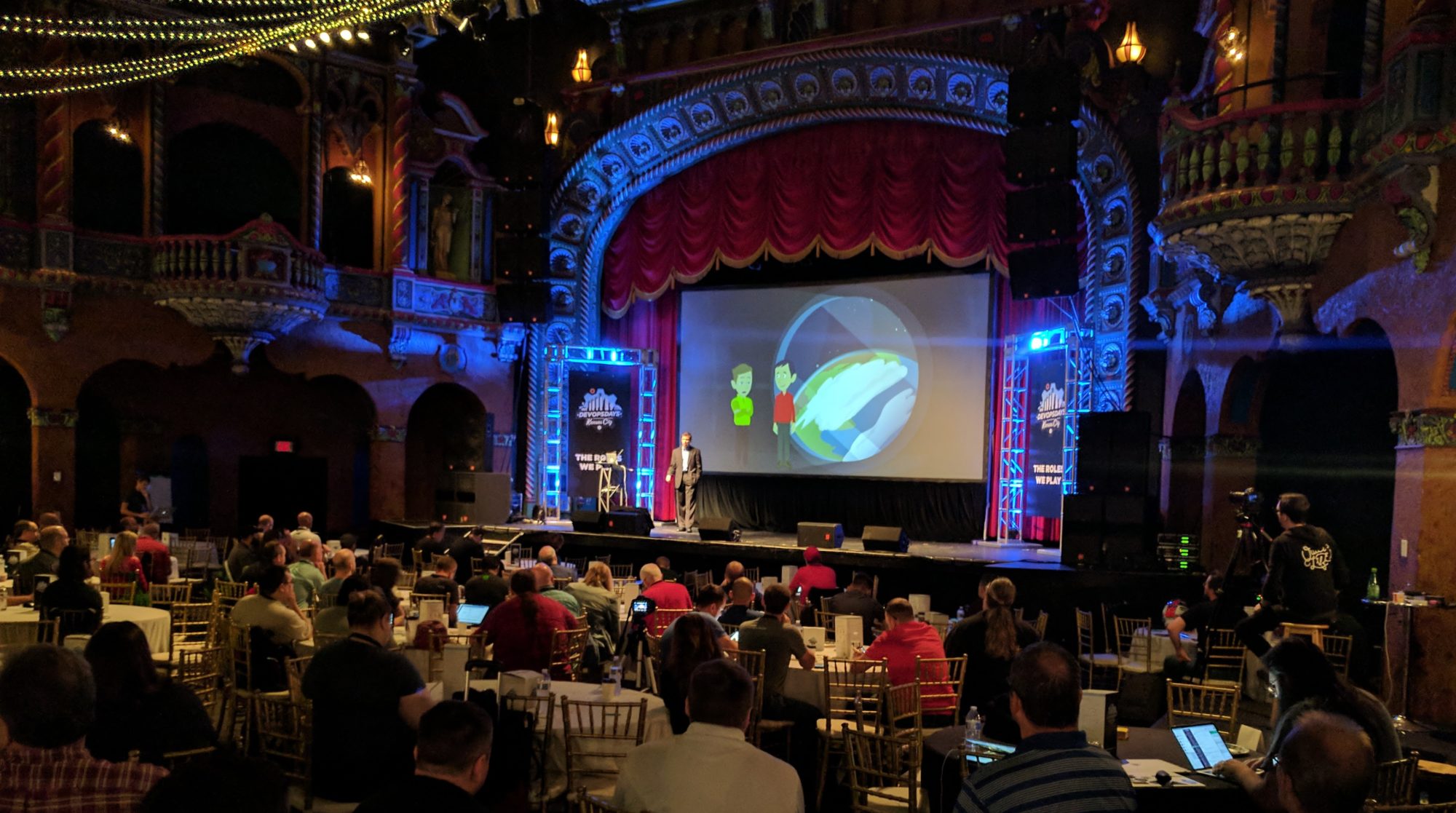If you program on OS X, checkout this list of text editors.
Simple Made Easy – Rich Hickey
Notes from Rich Hickey’s talk on simplicity at Strangeloop 2011.
The video is now available here.
Word origins:
- Simple = sim – plex = one braid
- Easy = adjacent = lie near
- Simple means having one of something, one braid, one fold, one role, one concept, one task, one dimension.
- Simple can involve many things, but not having interleaving.
- Simple is an objective notion.
- Near, at hand.
- Near to our understanding–being familiar.
- Near to our capabilities. We don’t like to talk about this because it tramples on our egos.
- We are far to interested in things being easy. This is to our detriment.
- Easy is relative (unlike “simple”). Music and German are hard from some and easy for others.
- We become to infatuated with things being easy instead of being simple.
- Long term use is a better indication of simplicity and helps keep use from focusing on things being easy.
We can only hope to make reliable those things we can understand. There is a limit to how much we can keep in our mind at the same time. Intertwined things have to be considered together and this taxes our brains. Fewer “braids” means less complexity and less complexity means we can hold it in our minds better.
To change software requires analysis and decisions. You must be able to reason about your program to be able to reliably change it.
We say, “I can make a change because I have tests.” Who does that? Who drives their car around banging into the guard rails!?
Easy things make us feel like we are fast.
What type of runner can run full speed from the very start of the race? Thats right. Someone who runs very short distances. But as programmers, we are smarter than that. We just fire the starter pistol again every 100 yards. I don’t know why runners haven’t figured that out.
Ignoring complexity will slow you down if you aren’t just doing a very small project.
There are many constructs that are easy to use, but are very complex.
Benefits of Simplicity:
- Ease of understanding
- Ease of change
- Easier debugging
- Flexibility
- More independence for change.
Making Things Easy:
- Making it “at hand” by bringing it into our environment–installing it.
- Become familiar with it by learning it.
- There is a mental barrier. We can’t really get much smaller.
We are all very limited compared to the complexity we create. The difference between a really smart programmer and an average programmer is minimal–no one can really understand all of the complexity we can create. A juggler can juggle 3 balls. A really good juggler can juggle 9. No juggler can juggle 90 or 900.
Everyone has seen parenthesis, but they haven’t seen it on THAT SIDE of the method. Thats crazy!
Parenthesis are overloaded in lisp. They do several different things so they are complex. By removing this complexity the ease problem is back in the domain of what we can change.
Everyone is happy to grab benefits of new tools, but no one takes the time to see if there are any trade offs.
- Complect = braid together.
- Compose = place together.
We can write modules that are completely complected. What are your modules allowed to “think” about. Just partitioning doesn’t give you simplicity.
Having state is never simple because it complects value and time. It is easy, familiar, at hand, etc. The only way to get rid of state is to put it in a box that gives you a functional interface where you always get the same output with the same input.
Simplicity is a choice. It is your fault if you don’t have a simple system.
BitCoin Talk at Strangeloop
My notes from a talk by Eric Brigham from TruCoin talking about BitCoin.
- BitCoin is “digital cash” — you can lose it just like you can lose a $100 bill and there isn’t a central source.
- Digicash (1990 – 1998) focused on security.
- Paypal (1998 – ) focused on convenience.
- Both required centralize servers to solve double spending problem.
- BitCoin solves the double spending problem without needing a centralized server. The transaction log is handled via P2P.
- BitCoin was created by Satoshi Nakamoto – it is unclear to who he actually is or even if he is a single person.
- A look at the code reveals that Satoshi is not a professional developer.
- BitCoin is the worlds first cryptographically secure distributed digital notary service.
- The number of BitCoins should level off to about 21,000,000 over the next 50 years.
- BitCoins are created via computational effort so they represent “computer work”.
- Cheating isn’t prevented, it is just made very expensive.
- A BitCoin address is a base 58 encoded public key.
- A transaction is simply a digitally signed message.
- It is theoretically possible to rewrite the transaction history, but it is very computationally expensive and is getting exponentially more expensive.
- If two separate people find the next coin at the same time, the chain that wins is the one that gets the next coin found on top of it.
- Most of the security issues have nothing to do with BitCoin, but they can be stolen in the same way that cash can be stolen.
- DOS attack are possible, but haven’t been much of an issue.
- Biggest known attack is if someone possesses >50% of the total network computational power you can double spend coins.
- It is very difficult to operate anonymously with BitCoin.
- People are working on a multi-signature transaction that would allow e-wallet type transactions similar to Paypal where a central site would keep part of your signature.
Bash Shortcuts
Bash is more powerful than most casual users realize. Here is a list of bash shortcuts.
Code Hero
Code Hero – A game where you try play by copying, pasting and writing javascript.




 Facebook
Facebook Flickr
Flickr Google Plus
Google Plus LinkedIn
LinkedIn Twitter
Twitter YouTube
YouTube